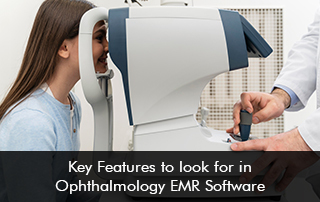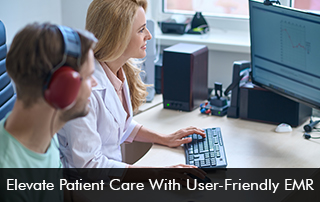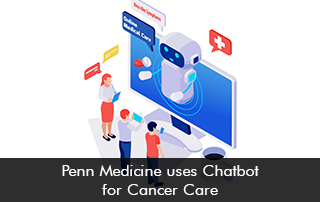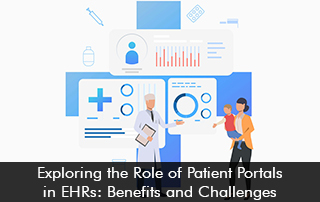Top 5 Practice Management Software in 2023
Healthcare organizations aim to streamline clinical, administrative, and financial tasks. This keeps patients satisfied as better services are provided smoothly. A Practice Management (PM) Software system helps hospitals and clinics to automate and organize daily administrative tasks, simplify the scheduling process, streamline medical billing, and manage patient records effectively. What is a Practice Management (PM) [...]











